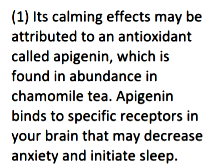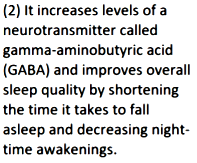“Tell me another!” scoffed Pranjol. “We have an Indian legend too. Bodhidharma, an ancient Buddhist ascetic, cut off his eyelids because he felt sleepy during meditations. Ten tea plants grew out of the eyelids. The leaves of these plants when put in hot water and drunk, banished sleep.” “Tea was first drunk in China,’’ Rajvir added, ‘‘as far back as 2700 B.C.! In fact, words such as tea, chai and chini are from the Chinese. Tea came to Europe only in the sixteenth century and was drunk more as medicine than as beverage.”
i. The main idea of this extract is
a) Tea as a popular beverage in Europe and how it spread.
b) Origin of tea in India and why it became popular in Europe.
c) Importance of India in popularising tea and influencing Europe.
d) Indian legend on tea and how it travelled from China to Europe.
ii. Why do you think Pranjol ‘scoffed’?
a) He was upset with the legend Rajvir shared.
b) He was mocking Rajvir for his lack of knowledge.
c) He was amused and tickled at what Rajvir shared.
d) He was impressed with what Rajvir had shared.
iii. Pick the option that includes the tea label information that corresponds to the given sentence.
“The leaves of these plants when put in hot water and drunk, banished sleep.”




a) Option 1
b) Option 2
c) Option 3
d) Option 4
iv. Based on the inference from the extract, which of these is NOT TRUE about tea drinking in the sixteenth century Europe? Dr. Smith is a doctor of sixteenth century Europe.
a) Dr. Smith encouraged drinking of green tea whenever available, to reduce chances of tooth loss.
b) Dr. Smith prescribed regular tea drinking to all his patients with a weak heart.
c) Dr. Smith always served tea as refreshment when he has guests, as they all enjoyed this beverage.
d) Dr. Smith usually recommended black tea to reduce inflammation in the body.
v. Based on this extract, how do you think Rajvir felt while narrating?
| a) |
i) excited |
ii) agitated |
| b) |
i) hysterical |
ii) nervous |
| c) |
i) nervous |
ii) agitated |
| d) |
i) enthusiastic |
ii) passionate |